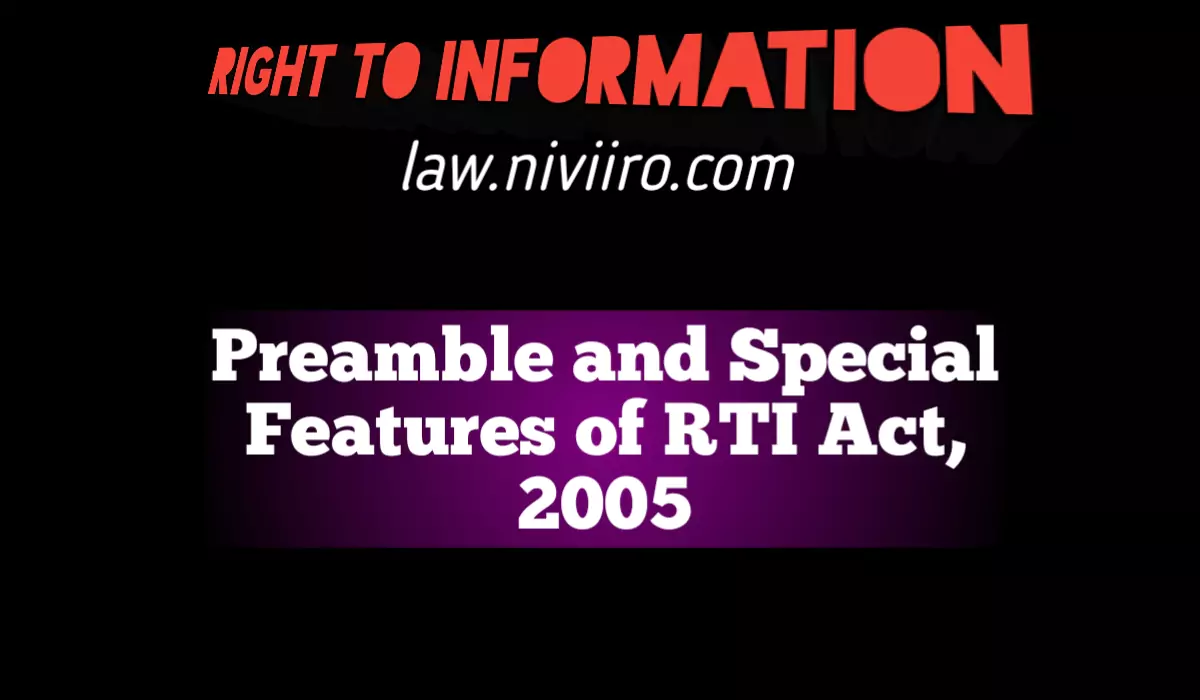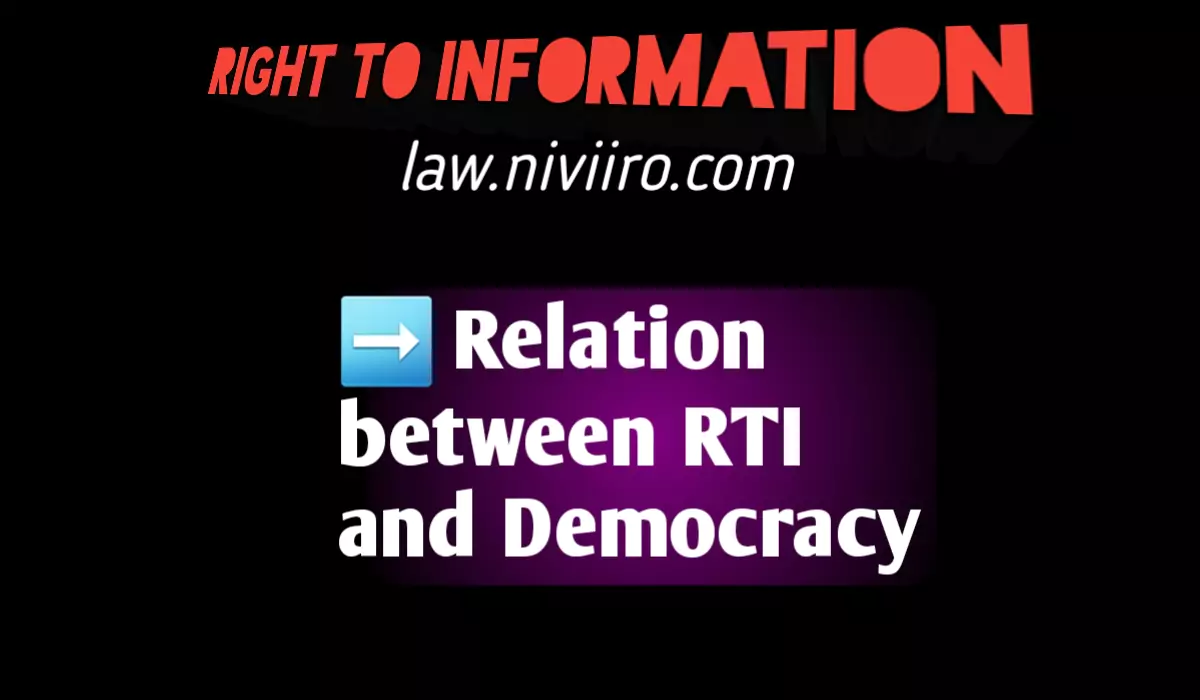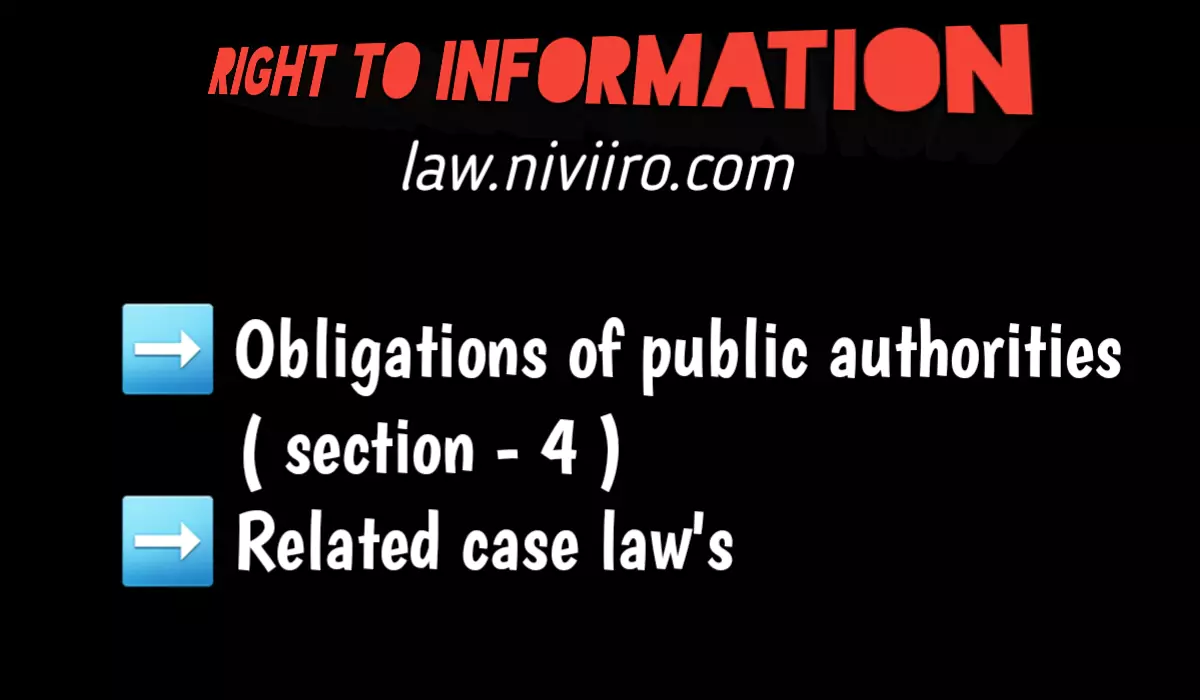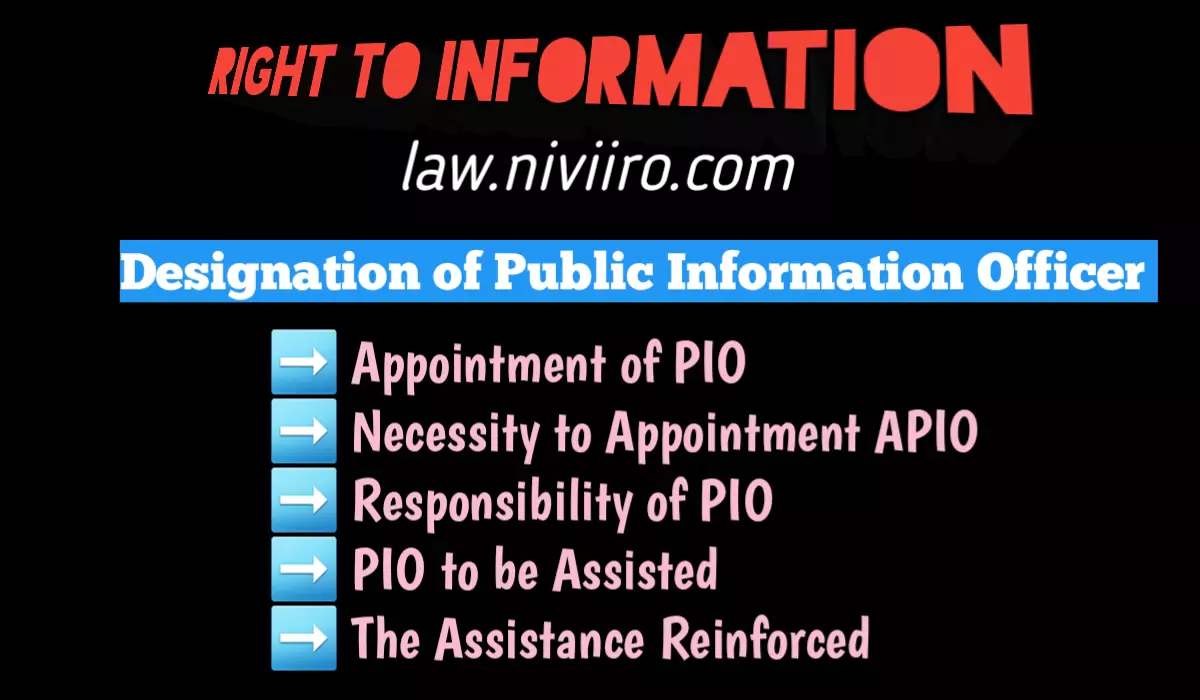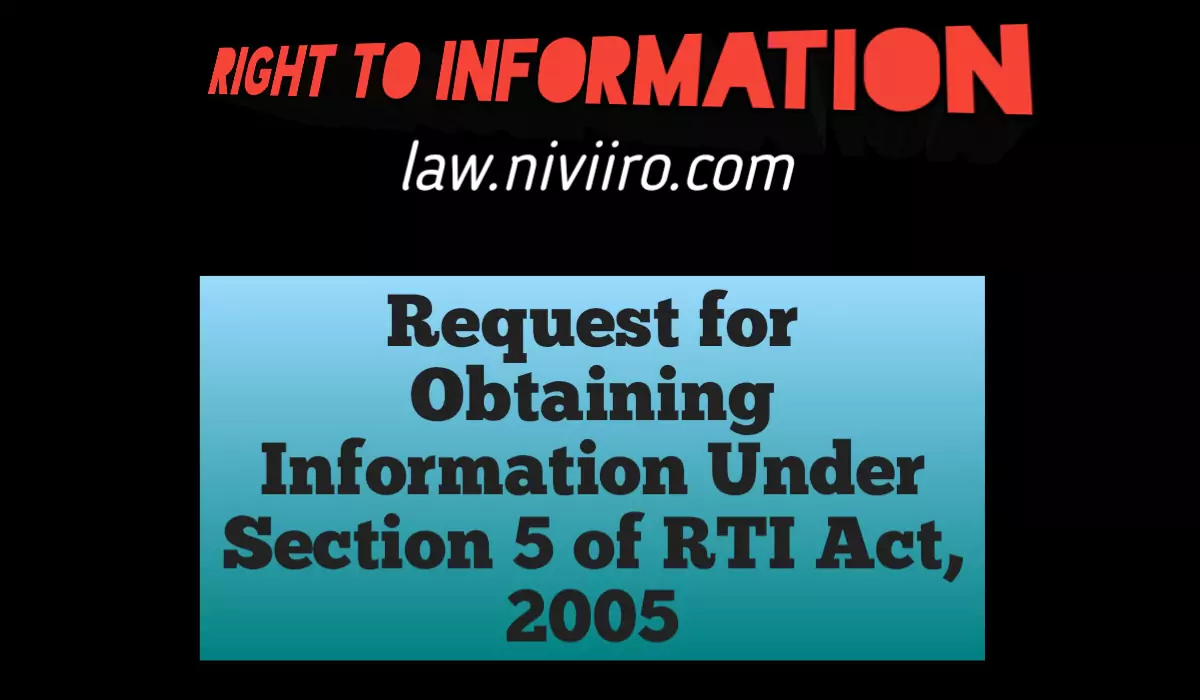Preamble and Special Features of RTI Act, 2005, The Right to Information (RTI) Act of 2005 is a historic piece of legislation in India that allows citizens to request information from government agencies. The RTI Act’s preamble outlines the law’s goals and principles.
Preamble of The Right To Information Act, 2005
“An Act to provide for setting out the practical regime of right to information for citizens to secure access to information under the control of public authorities, in order to promote transparency and accountability in the working of every public authority, the constitution of a Central Information Commission and State Information Commissions and for matters connected therewith or incidental thereto.”
Special Features of RTI Act, 2005
Following are the Special Features of RTI Act, 2005
- The term “information” refers to any type of information, whether it is a record, paper, e-mail, circular, press release, contract sample, or electronic data.
- Any citizen may seek information from a “public authority” (a body of government or a “state instrument”), which is required to respond promptly or within thirty days.
- Citizens have the right to request any information (as defined); obtain copies of documents; inspect documents, works, and records; obtain certified samples of work materials; and obtain information in the form of printouts, diskettes, floppies, tapes, video cassettes, or any other electronic format.
- The Act was repealed the Official Secrets Act of 1889, which was revised in 1923, as well as several other special laws in India that prohibited information disclosure. In other words, to the extent of any conflict, the Act specifically supersedes the Official Secrets Act and other legislation in effect on June 15, 2005.
- In most cases, the applicant can access information within 30 days of making the request. In certain cases, information can be obtained within 48 hours after the request. If a person’s life or liberty is at stake.
- The Act also compels all public authorities to computerise their data for widespread distribution and to proactively disseminate specific types of information so that citizens have as little recourse as possible to request information formally.
- The Act, in particular, requires all public authorities to publish information in 16 categories.
- This includes the specifics of its organisation, functions, and duties; the powers and duties of its officers and employees; the procedure followed in the decision-making process; the norms established for the discharge of its functions; the rules, regulations, instructions, manuals, and records held by it or under its control or used by its employees for the discharge of its functions; and so on.
- The Act specifies which sorts of information are exempt from disclosure. Nonetheless, if the public interest in disclosure outweighs the harm to the protected interest, these exempted information(s) or those exempted under the Official Secrets Act can be disclosed.
- Furthermore, if 20 years have passed after the occurrence of the incident to which the information refers, the exempted information(s) will no longer be exempted.
- The penalty for refusing to receive an application for information or failing to provide information is Rs. 250/- per day, with a maximum penalty of Rs. 25,000/-.
- If an applicant is not provided with information within the statutory time frame of 30 days or 48 hours, as applicable, or is dissatisfied with the information provided to him, he may file an appeal with the first appellate authority, who is an officer superior in rank to the PIO.
- If the applicant is still dissatisfied, he or she may file a second appeal with the Central Information Commission (CIC)/State Information Commission (SIC) within 90 days of the date when the decision should have been reached by the first appellate body or when the appellant received it.
Ultimately, the RTI Act of 2005 is a significant tool for fostering government transparency and accountability. Its unique elements, such as the right to information, proactive disclosure, time-bound replies, fee structure, sanctions, and independent oversight, make it a strong and effective piece of legislation for maintaining good governance.
What are the Special Features of RTI Act, 2005 ?
1.The term “information” refers to any type of information, whether it is a record, paper, e-mail, circular, press release, contract sample, or electronic data.
2.Any citizen may seek information from a “public authority” (a body of government or a “state instrument”), which is required to respond promptly or within thirty days……
Related Post | Preamble and Special Features of RTI Act, 2005
References
- The RTI Story: Power to the People by Aruna Roy, 2018
- Commentary on The Right to Information Act by J. N. Barowalia, 2010
- Right to Information by K. B. Rai, 2020
- Right To Information Law & Practice by R. K. Verma, 2010













